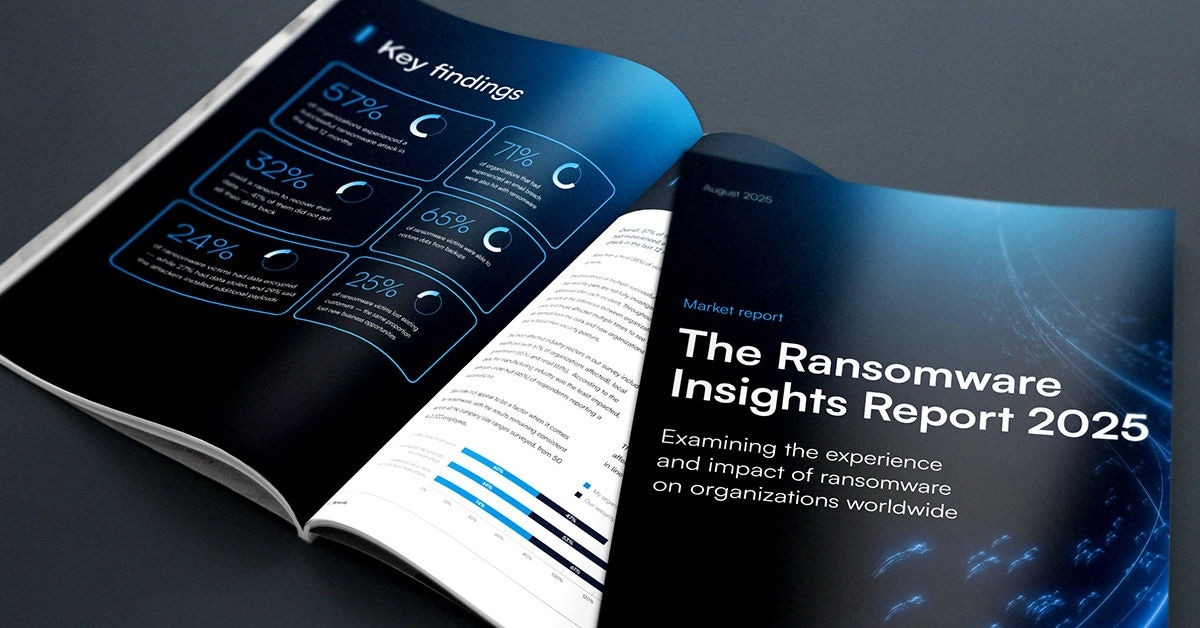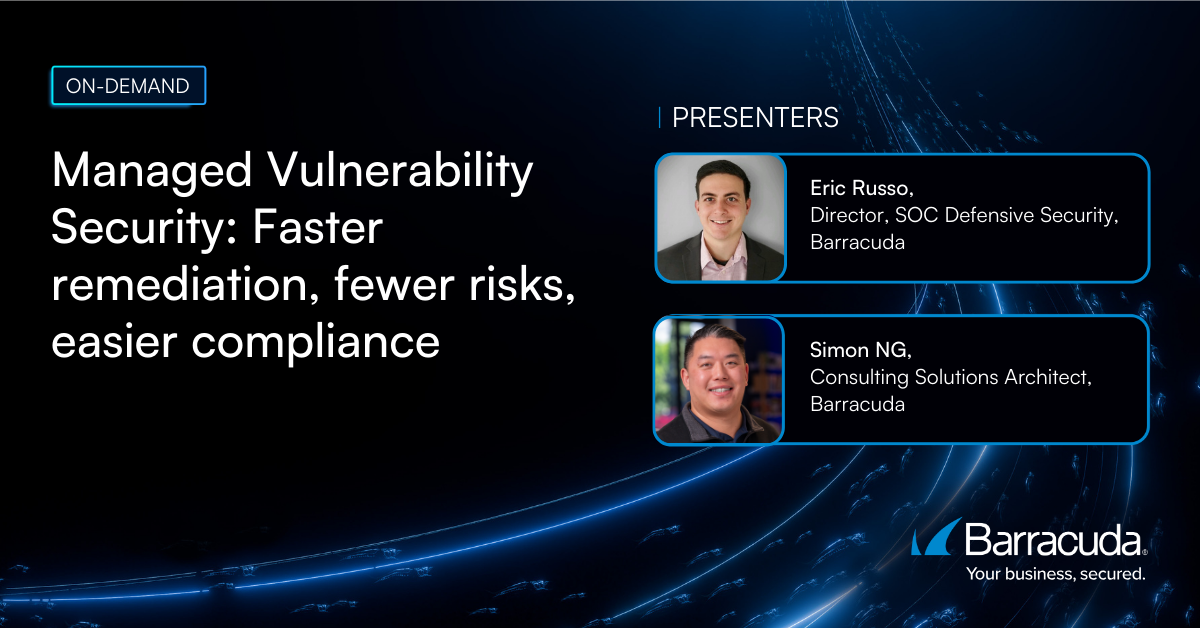
El auge de los agentes de IA debería finalmente forzar el problema de confianza cero
Los agentes de inteligencia artificial (IA) están muy de moda en estos días, pero en la prisa por aumentar la productividad, muchos están, una vez más, pasando por alto las implicaciones de ciberseguridad. Cada agente de IA que una organización despliega no solo podrá realizar tareas específicas, sino también interactuar con otros agentes de IA y humanos. Como resultado, esta fuerza laboral digital promete reducir drásticamente gran parte del trabajo tedioso que el trabajador promedio experimenta regularmente al realizar tareas ineficientes.
Por muy impresionante que pueda ser, sin embargo, desde una perspectiva de ciberseguridad hay un importante inconveniente potencial. Cada agente de IA es, en última instancia, el equivalente a un empleado que añade otra identidad que necesita ser asegurada. En efecto, el número de credenciales que los equipos de ciberseguridad necesitarán asegurar está a punto de aumentar exponencialmente.
Dado lo problemático que ya es asegurar las credenciales hoy en día, la perspectiva de que miles de agentes de IA tengan acceso a múltiples aplicaciones y servicios es profundamente preocupante. Los ciberdelincuentes ya están utilizando millones de credenciales robadas para simplemente iniciar sesión en varias aplicaciones y servicios sin tener que molestarse en escribir malware. Si el número de credenciales que necesitan ser aseguradas aumenta en millones más, las probabilidades de que un equipo de ciberseguridad pueda asegurarlas todas solo disminuirán aún más.
Ninguna de esas preocupaciones es probable que ralentice el ritmo al que se desplegarán los agentes de IA, por lo que ahora dependerá de los equipos de ciberseguridad determinar la mejor manera de protegerlos. Ese desafío es que todavía no existe un marco estándar para lograr ese objetivo. Las propuestas incluyen MAESTRO, STRIDE, PASTA, LINDUNN, OCTAVE, TRIKE y VAST, cada una de las cuales es un acrónimo de un marco que, si se sigue, hará que sea más sencillo asegurar los agentes de IA.
Cada equipo de ciberseguridad deberá decidir por sí mismo cuál de estos marcos es el más adecuado para asegurar los agentes de IA que despliegan, pero lo más importante es empezar a hacer algo para protegerlos ahora. Los ciberdelincuentes, anticipándose a la presentación de nuevas y ricas superficies de ataque, ya están prestando mucha atención a cómo se están construyendo y desplegando los agentes de IA.
Te guste o no, es muy probable que los agentes de IA sean la gota que finalmente colme el vaso de la gestión de identidad. Los directorios y plataformas existentes simplemente no estarán a la altura de la tarea. Lo único que queda por determinar ahora es cuán proactivamente las organizaciones abordarán la seguridad de los agentes de IA frente a esperar una vez más a que surja una crisis real que, en retrospectiva, podría haberse evitado fácilmente.
Barracuda puede ayudarles
Zero Trust no es solo un modelo de seguridad, es el futuro de la ciberseguridad. Las organizaciones que adopten Zero Trust ahora evitarán costosas brechas, mejorarán la productividad y permanecerán en cumplimiento en un panorama digital en constante evolución. No esperes, comienza hoy a asegurar el futuro de tu organización.
Da el siguiente paso hacia Zero Trust:
- Explora el Kit de inicio de acceso de confianza cero de Barracuda, que incluye un seminario web y recursos valiosos para comenzar: https://www.barracuda.com/products/network-protection/zta-starter-kit
- Experimenta los beneficios de primera mano con una prueba gratuita de Barracuda SecureEdge: https://www.barracuda.com/products/network-protection/secureedge/try-free
Recuerde: Zero Trust es un viaje, no un destino. Comience hoy y construya un futuro más seguro para su organización.

Informe de Barracuda sobre Ransomware 2025
Principales conclusiones sobre la experiencia y el impacto del ransomware en las organizaciones de todo el mundo
Suscríbase al blog de Barracuda.
Regístrese para recibir Threat Spotlight, comentarios de la industria y más.

Seguridad de vulnerabilidades gestionada: corrección más rápida, menos riesgos, cumplimiento normativo más fácil
Descubra lo fácil que es encontrar las vulnerabilidades que los ciberdelincuentes quieren explotar.





